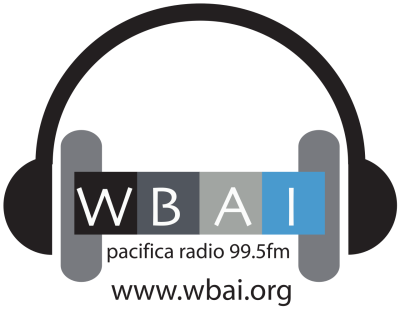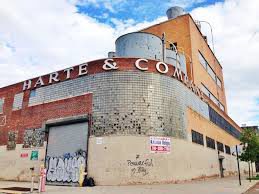
Tune in to CHMP’s Healthstyles Radio Thursday, April 9th, from 1:00 to 2:00 PM on WBAI, 99.5 FM in New York City and streamed online here.
TALES FROM THE CRIB
April marks the 40th anniversary of National Child Abuse Prevention Month.
Kristi Westphaln, RN MSN PNP-PC is a San Diego based Nurse Practitioner with clinical expertise in pediatric emergency health care, pediatric trauma, and child abuse. Westphaln is a Center for Health, Media & Policy (CHMP) Senior Fellow and we welcome her as a c0-producer/host to the Healthstyles Radio production team.
Healthstyles is joining hospitals and health care providers across the nation to provide special homage to this vulnerable population, their families, and the health care teams who advocate for them. Welcome to a special series of segments that will educate, enlighten, and possibly shake you up (no pun intended) about the state of child abuse in our country.
Child abuse is a tough reality to chew on; head injuries due to child abuse are a leading cause of disability, devastation, and death in young children today.
Whiplash shaken infant syndrome, shaken baby syndrome, non-accidental trauma, abusive head trauma… The debate on how to best describe inflicted head injuries in children dates back to the 1940s and the discussion remains heated today. As little science and lots of speculation continues to circulate through the media, this tale from the cribs will provide some clarity to the controversy.
Join her for a down and dirty analysis of the truths behind shaken baby syndrome, abusive head trauma, and pearls for parents (and people) to help protect children.
Baby brains should not be bumped, bruised, battered, shaken nor stirred.
As disability, devastation, or death may occur.
Breathe, soothe, or step away.
Allow your baby to cry- and live another day
.
THE MAZE OF PAIN
Hear host Barbara Glickstein interview Peeney Cowan, founder and CEO of American Chronic Pain Association (ACPA). Ms. Cowan herself is a person with chronic pain and established the ACPA in 1980 to help others living with the condition. She shares how a multi-prong approach to pain management can reduce pain and improve quality of life.
She says we’re not paying enough attention to pain in the research arena. Chronic pain in the news is mostly bad focusing on the abuse of opioids more than their role in pain management and just one part of a pain management plan.
ACPA’s has been expanding their work to address the unique needs of children and veterans living with chronic pain.
You can listen to the entire program:
Podcast: Play in new window | Download (Duration: 54:59 — 37.8MB)
Subscribe: RSS






